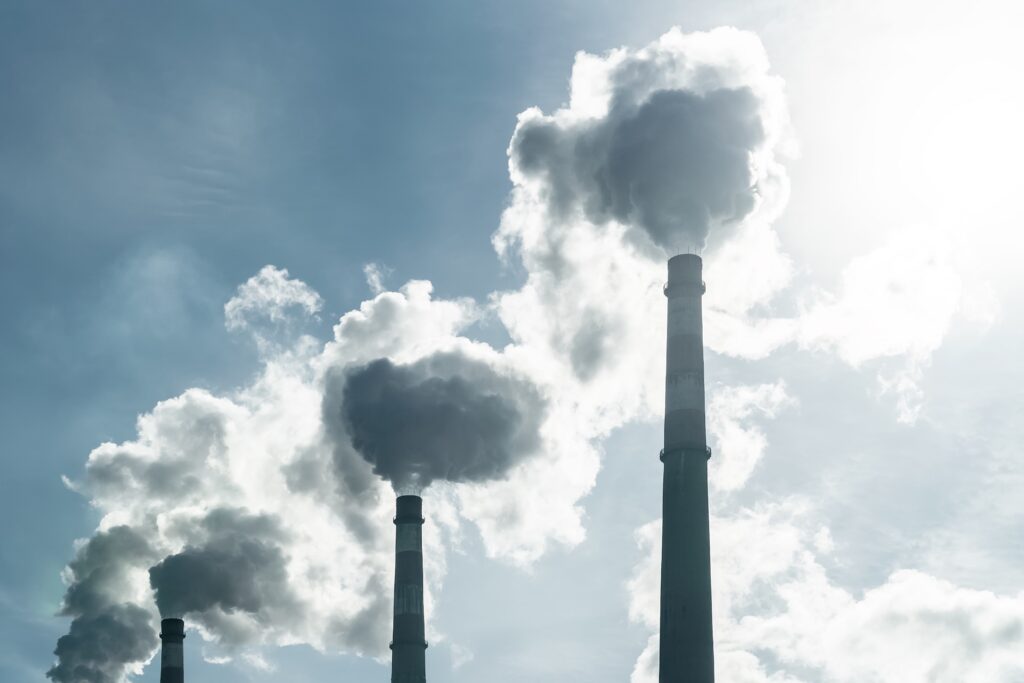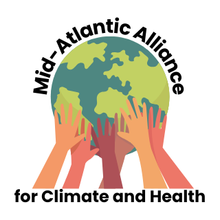Climate Change is Impacting Health by:

- Causing an increase in heat-related, respiratory, and cardiovascular diseases
- Changing the pattern of infectious disease transmission
- Causing decreased air quality
- Causing injuries and premature deaths related to extreme weather
- Creating or increasing mental health impacts
For more information on this topic:
The Healthcare’s Environmental Impact

Healthcare is a significant sector of the US economy, accounting for 17.3% ($4.5 trillion) of the gross domestic product. Hospitals operate continuously, requiring substantial energy for diagnostic equipment and adhering to unique infection prevention protocols and regulatory complexities and produce large amounts of waste. Alarmingly, health damage from healthcare pollution now equals deaths caused by medical errors. The industry contributes 8.5% of US greenhouse gas emissions, with 70-80% coming from the supply chain (food, medical devices, pharmaceuticals, and chemicals). The US leads globally in per capita healthcare-related emissions, despite one-third of services being considered low value. Notably, many nations achieve better health outcomes with less environmental impact. To address these challenges, the healthcare sector must prioritize sustainable practices, reduce waste, and optimize resource utilization across its entire supply chain, from pharmaceuticals to food, while maintaining high-quality patient care.

Healthcare’s Challenges with Addressing Climate Challenge
The healthcare industry faces several challenges in addressing climate change and its environmental impact. There’s limited awareness of the connection between healthcare delivery and climate change, with insufficient recognition of the environmental consequences. The perceived nobility of healthcare delivery often overshadows environmental concerns, leading caregivers to view their services as too valuable to be weighed against ecological impacts. A disconnect exists between top leadership and frontline clinicians in addressing these issues. To overcome these challenges, it’s crucial to recognize climate change as a public health and equity crisis that, without mitigation, will continue to profoundly affect health. The healthcare industry must address its climate footprint, enhance resilience, and demonstrate climate leadership. As stewards of public health, healthcare providers have a unique opportunity and responsibility to lead the charge in combating climate change, safeguarding not only the health of current patients but also the well-being of future generations and the planet itself.
To learn how the healthcare industry can be a climate leader, be sure to check out our page, HealthCare Industry as a Climate Leader.
For more information on this topic:
The Relationship Between Climate Change and Healthcare Quality and Safety
